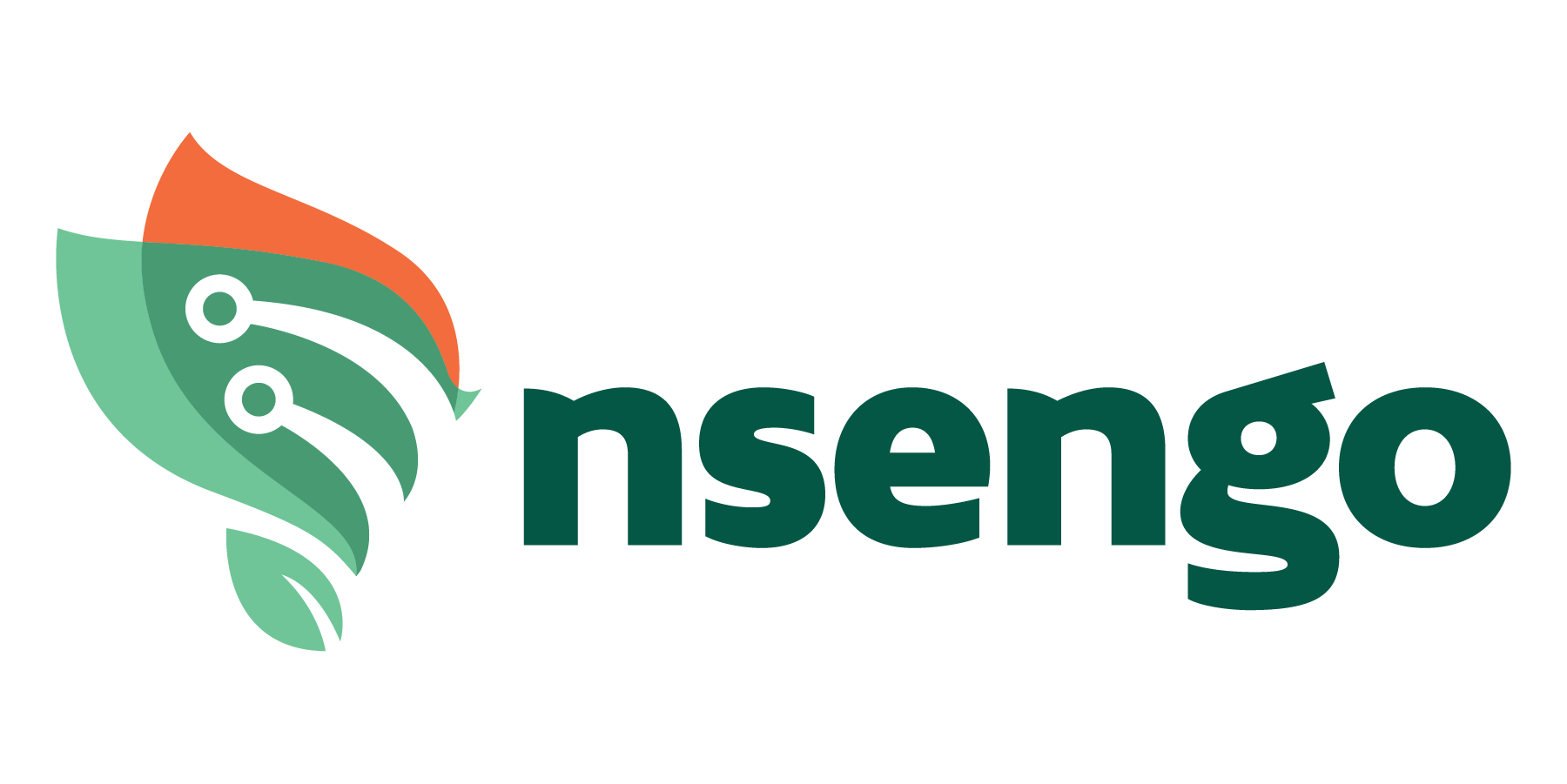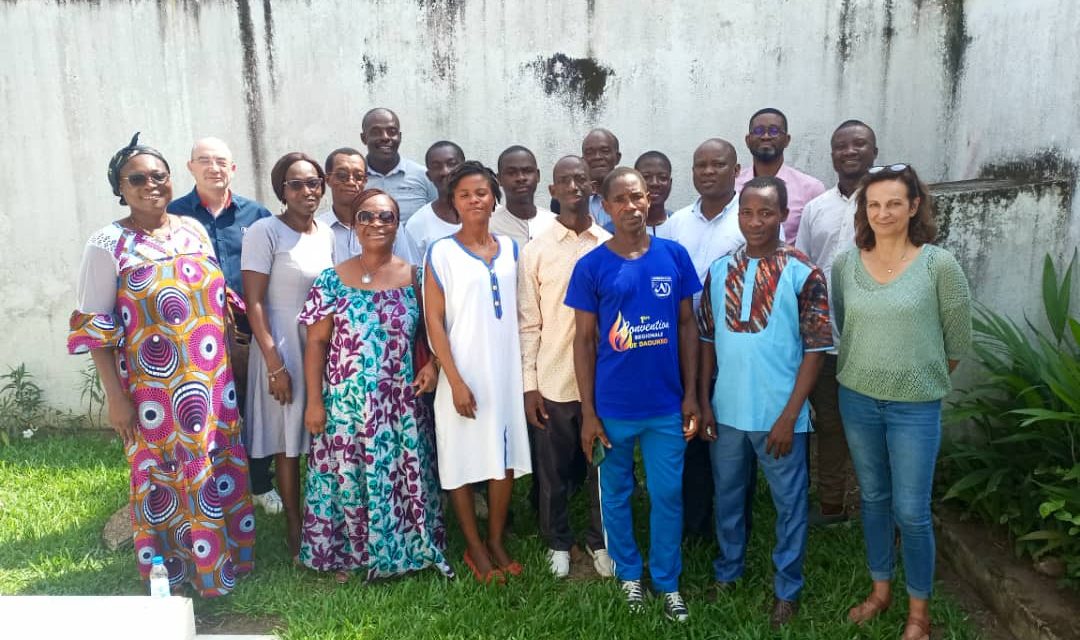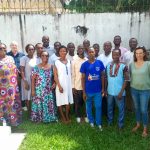NSENGO’s team visited Abidjan from February 26 to March 3, 2023, to meet with several producer groups. The aim was to collect feedback from users of our application and understand their expectations. The limited access to these key actors quickly emerged as a major obstacle to the NSENGO solution, which, like many others, considers them essential to fighting hunger in Africa.
Indeed, in recent years, public policies have favored urban areas at the expense of rural ones. By prioritizing cities, the situation of farmers has deteriorated, leading to a drop in production and a sharp increase in food imports across the continent. A World Bank report says that Africa currently imports 65% of the cereals consumed on the continent. Today, few governments allocate the promised 10% of their budgets to agriculture, as committed under the 2003 Maputo Declaration.
The war in Ukraine and the rising prices of food commodities, combined with climate challenges, provide new evidence of the chronic insufficiency of sub-Saharan agriculture. According to the OECD, nearly 60% of the African population is food insecure. The impacts are especially severe for women and smallholder farmers, who are still the backbone of agricultural production.
The reflections and field interviews, along with public reports, highlight the importance of peasant agriculture. The empowerment of producer groups is seen as a key element in solving the problem.
In this regard, IFAD has set up a space for coordination (FORUM PAYSAN) between peasant organizations, rural youth, and members of IFAD's technical teams.
At the Dakar summit in December 2023, nearly $30 billion in pledges were made.
Alvaro Lario, president of IFAD, confirmed the urgent need to direct international investments toward smallholder farmers who are often left out of the formal economy.
However, current funding mechanisms are still not tailored to the model needed to support the adaptation of African agriculture. Agroecology remains the only scalable and resilient solution for increasing production while adapting to climatic and environmental changes.
In this context, support structures such as producer organizations appear essential. These groups often operate in cooperatives, mixed structures, or federations and are capable of offering services to their members (technical support, access to inputs, training, and digital services) to support the agroecological transition and market access.
Strengthening the service offering of these organizations therefore helps improve food security and the income of small producers in a sustainable way, notably through access to services tailored to their type of farming and production cycles.
In Abidjan, the workshops allowed us to gather the functional
and organizational needs of producer groups and to identify key success factors, as well as suggestions for improvement resulting from the ergonomic testing session.
By offering a microcredit solution adapted to producer groups, NSENGO aims to foster financial inclusion for smallholders and facilitate the transition toward sustainable and resilient agriculture in the face of climate change.




